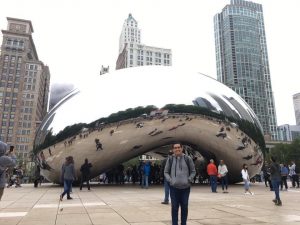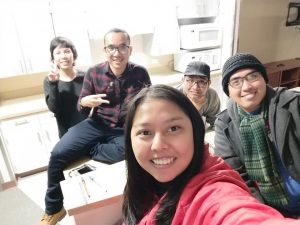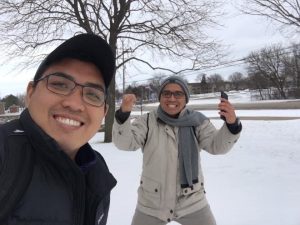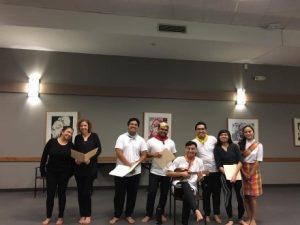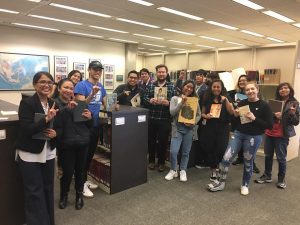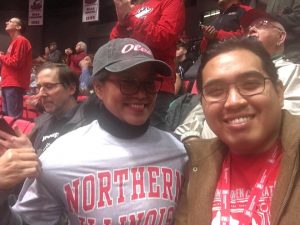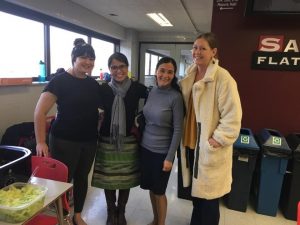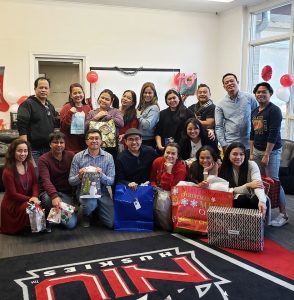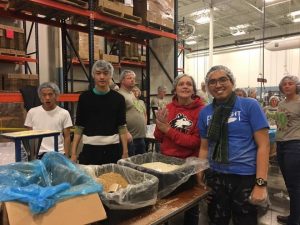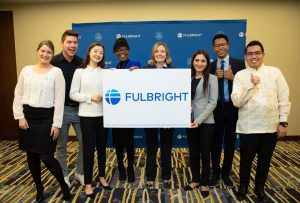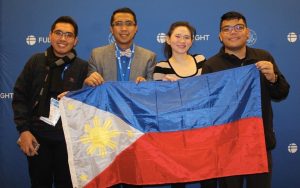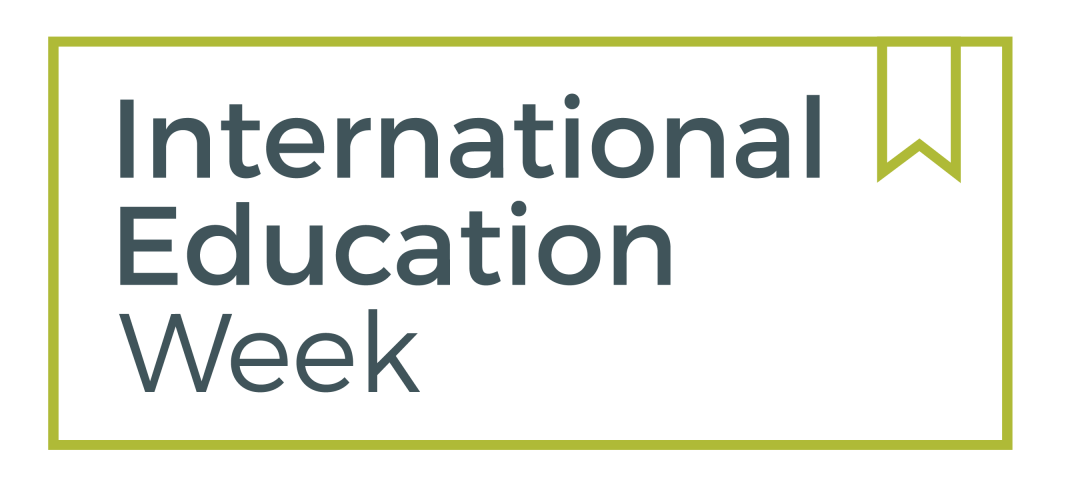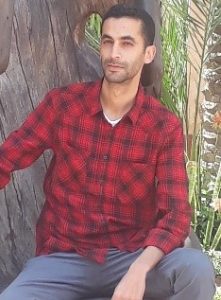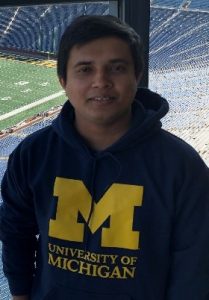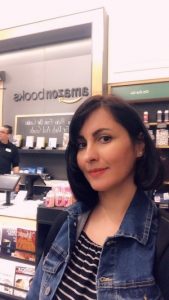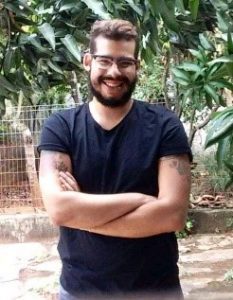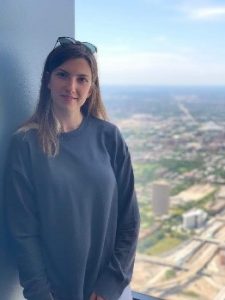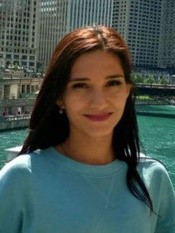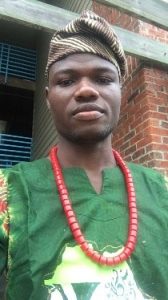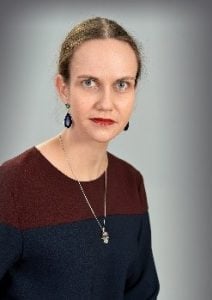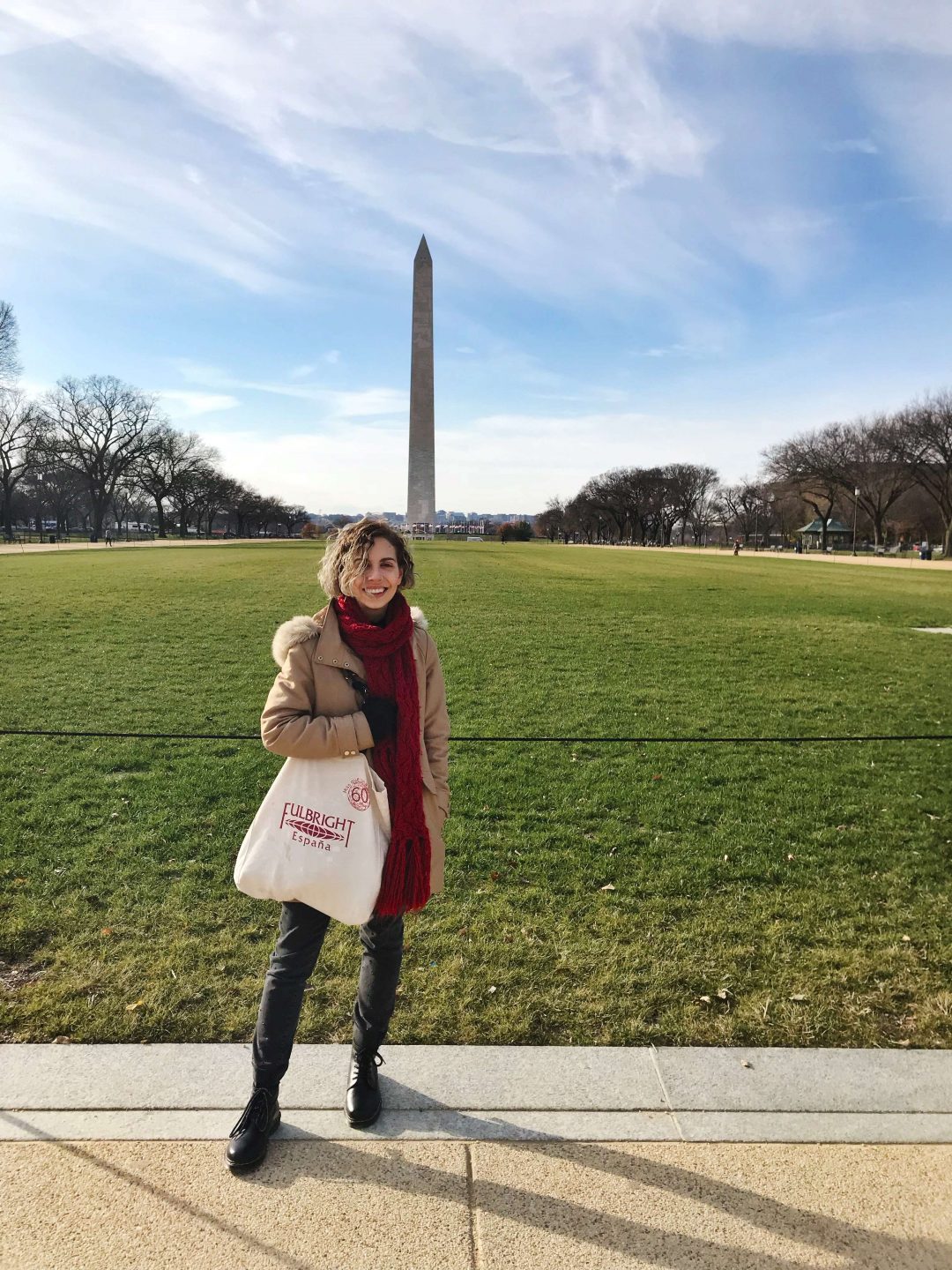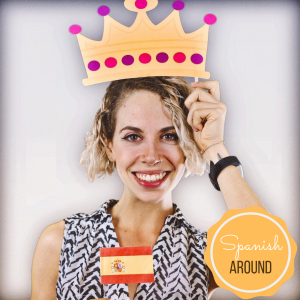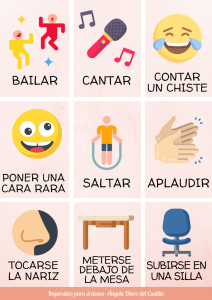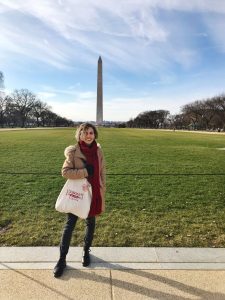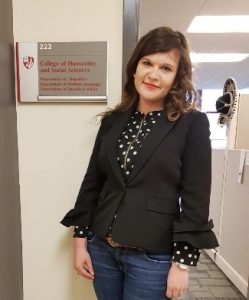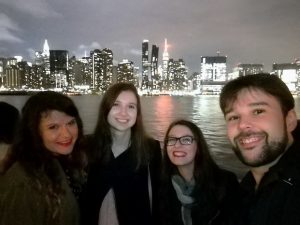By Uyanga Erdenebold, 2007 Fulbright Foreign Student from Mongolia
It stands clear and vivid in my memory as if it were yesterday. It was the clear, sunny morning of August 20, 2007 when I stood at the airport in Ulaanbaatar, Mongolia, equal degrees excited and nervous, surrounded by my family and getting ready to cross the globe to go to a country that I knew only from movies and books. As surreal as it seemed, I knew that this was the shining moment of my triumph. This was the moment I had worked for, and this is the moment that many, even myself, doubted would ever come. I had done it. I was going to the United States as the first-ever blind Fulbright Foreign Student from Mongolia. Though none of us knew at the time, this was to be the beginning of a long, transformative journey, and my relationship with the United States.
When I was 14, an American woman came to our school voluntarily and asked to teach interested students English. What struck us most was the fact that she was blind, just like us. To this day it amazes me how courageous she was to come so far from home all by herself. She ignited the first spark in me of the possibility of doing the same: traveling somewhere far and foreign and being bravely independent. She, not just by teaching me English but also by just being there, showed me that it could be done, and that I too could do it. She helped me to believe, and I was already halfway there.
Fulbright helped me to see the world, and the experience not only changed the course of my life, but more importantly, it changed me as an individual.
It freed me, quite literally, both in the physical and intellectual sense. Until I came to the United States, I had never gone anywhere by myself. I had never learned to walk with a cane. I was always accompanied either by a family member or a friend. Do you know what a privilege it is to be able to walk alone with your thoughts, stopping whenever or wherever you want to, taking as long as you would like to reach a certain place, just to wander around by yourself? That’s what the United States gave me: personal freedom. It was there that I first owned my own key to my apartment. Once I completed my cane training, I quickly moved on to guide dog training, and received my first guide dog in August 2008. My partnership with my first guide dog, Gladys, was one of the most positive, heart-warming, and transformative experiences of my life, and for this, I’m forever grateful to the United States.
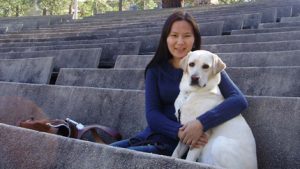
Fulbright Foreign Student Uyanga Erdenebold with her guide dog, Gladys.
I was never defined by my disability, even before I came to the United States. However, before then, I was defiant, always seeking to prove my worth. What the United States taught me was that I was already an equal, an acknowledged human being with the same right to contribute to society as everyone else. This liberated me from a huge burden I had carried all my life. Now I could focus on my studies just like everyone else. I would have been fine if my professors felt differently, especially with assignments and readings. But as far as they were concerned, the only difference between the other students and myself was that I had a pretty dog.
There were difficult days, of course, especially in the beginning – days when I wondered why I left the comfort of my home and my family and friends. I felt lonely, homesick, and frustrated. But those feelings are only natural. Remembering how hard you worked to get where you are and what you hope to achieve with this experience helps shed a different light on everything.
Once, a journalist asked me what I thought was the hardest thing in my life, and I said, “Not being able to contribute.”
The basic elements of a fulfilled human life are to be relevant, to be able to contribute, and to be acknowledged. Every human experience, all human knowledge, and every human feeling finds meaning only when shared. When you are judged not by the merit of who you are, but by the perceived limitations of your disability, your right to contribute quickly gets turned upside down and becomes a right to receive. If you don’t contribute, you become irrelevant and forgotten. The unfortunate truth is that society has a tendency to generalize and apply their notions of perceived limitations on you based on a lack of certain sense or physical attribute. But is ability determined by one’s physical attributes alone? A truer indicator of ability might be experience.
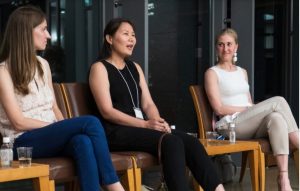
Uyanga Erdenebold speaking at a WomEmpowered International event in Tokyo, Japan.
Many people with disabilities usually have been told to be “realistic” in life, and have always had to prove themselves in order to get any type of recognition and value. People always assume incompetence, and it’s always on the person with a disability to prove them wrong. To have to do that with everyone you meet is incredibly exhausting. It’s similar to being forever on trial, where everyone you meet is the jury and you’re always assumed guilty—in other words, incompetent—until proven otherwise.
My one piece of advice to everyone working with a person with a disability is: ALWAYS ASSUME COMPETENCE.
Be willing to give trust and confidence without proof. Be willing to be the ally and not the jury. Be willing to go the extra mile even if it seems futile. What society expects from disabled people is to have such strong inner self-will and awareness that we can propel ourselves forward, even when everyone we meet always expects less from us compared to our non-disabled peers. For anybody, going to college and having a job is a normal part of life, and it’s expected as a matter of course. However, when those with disabilities achieve those same things, it’s a great success and an exception to be applauded. Why? Precisely because we are not expected to be able to do those things.
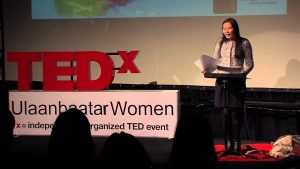
Uyanga Erdenebold presenting at TEDx UlaanbaatarWomen.


